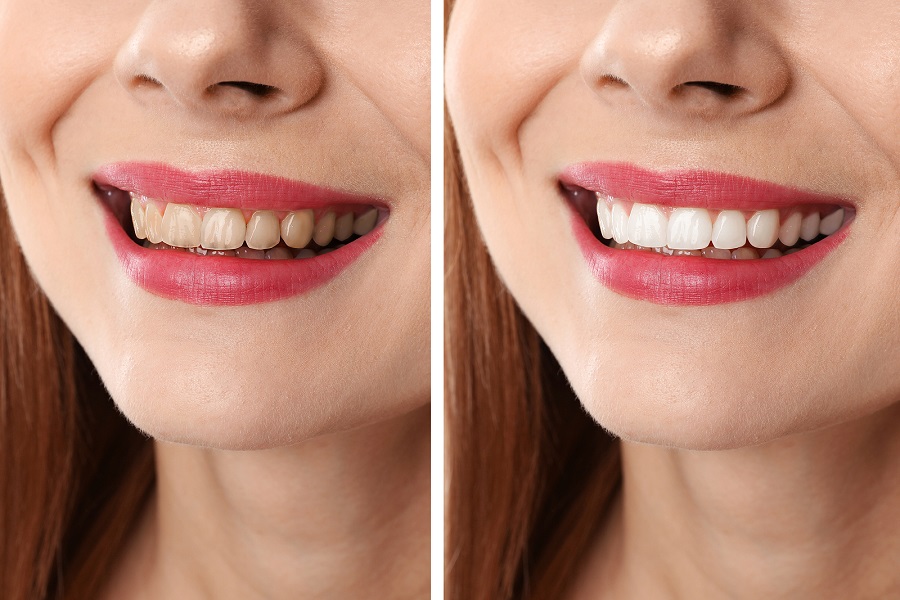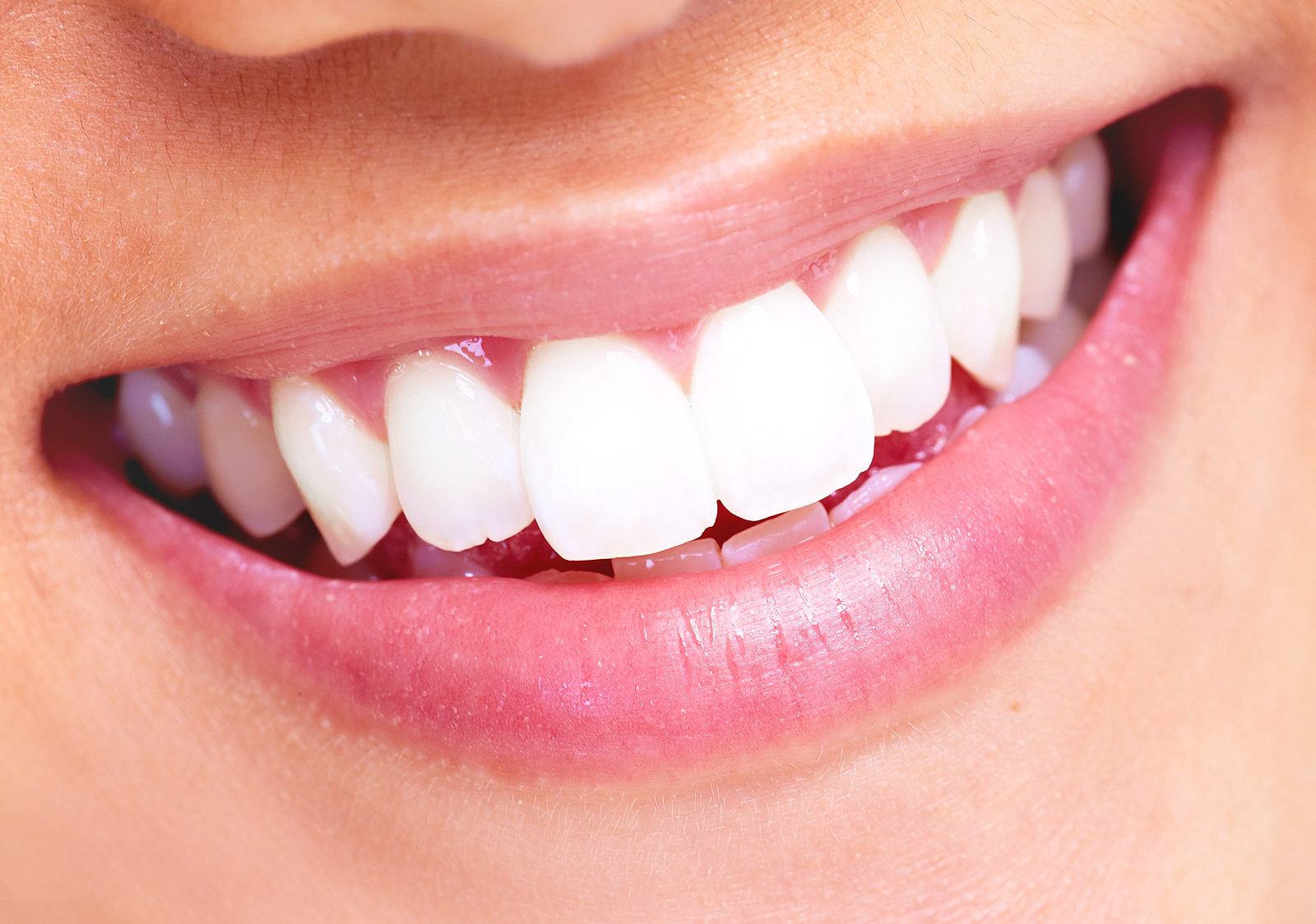WHAT TO LOOK FOR IN A MOUTHWASH
In order to maintain proper oral hygiene, you must brush, floss and use mouthwash daily. This is the only way to keep your teeth and gums healthy, and to prevent harmful diseases that can result from excess plaque buildup. Gum disease, gingivitis and oral cancer are some of the worst problems ever to plague the mouth, and they are often very difficult to treat and cure. That being said, by sticking to a rigorous cleaning regimen every day, in addition to regular check-ups with your dentist, you will be doing your body a big favor. In regards to mouthwash specifically, many people question what types they should be using. Like toothpaste, there are a number of different mouthwash brands, flavors, and advertised results, all of which are geared towards specific individuals. To keep things simple and to make the shopping process easier, there are a few main types to be aware of. Be sure to consult with your dentist before buying a specific product though, as they will be best suited to advise you on what kind of mouthwash is best for your tooth and mouth health.
DECIDING ON A MOUTHWASH SOLUTION
For instance, if you have sensitive gums that are prone to irritation or bleeding, a potent fluoride mouthwash may not be your best option. It also should be noted that the main ingredient in the majority of store bought oral cleaning chemicals is hydrogen peroxide, the same substance used to treat wounds. Peroxide is completely safe and works as an antiseptic, meaning it kills bacteria on contact. If you prefer to avoid fluoride mouthwash, these can be solid alternatives. Just remember to never swallow any of these substances; they are not meant to be ingested and can cause stomach and intestinal problems. This is one reason why it is important for parents to teach their children about oral cleaning safety. In addition, you should always monitor your young children while they are rinsing, to avoid any potential accidents, at least until they are old enough to know better. At any rate, here are some helpful tips for determining what kind of mouthwash will be best for you.
WHAT TYPE OF MOUTHWASH SHOULD YOU GET?
- Fluoride rinse, antiseptic and combination options are available on the market; fluoride is very effective at strengthening tooth enamel and preventing decay from happening. It is important to remember that once gone, the enamel on your teeth will never come back. People who experience tooth decay are often subjected to frequent pain or sensitivity, as the enamel works as a protective barrier.
- Antiseptic mouthwashes (those which contain hydrogen peroxide) eliminate bacteria, including those which cause bad breath and mouth odor. In regards to the latter, however, a combination rinse is the best option. Many of these products contain zinc, which can help control the effects of halitosis.
- Avoid giving your children fluoride mouthwash, as most contain alcohol which can be harmful for their bodies.
- Test a variety of products and see for yourself. If you like the way your mouth feels afterwards and you notice a difference in the freshness of your breath and condition of your teeth, then you are good to go. However, if the mouthwash is too strong and if you are unable to swish the fluid for more than 30 seconds, you may have sensitivity issues and should choose another type of mouthwash.
Ultimately, your local dentist will be able to answer any questions you may have regarding the choice of mouthwash that is right for your oral health.






















0 comments